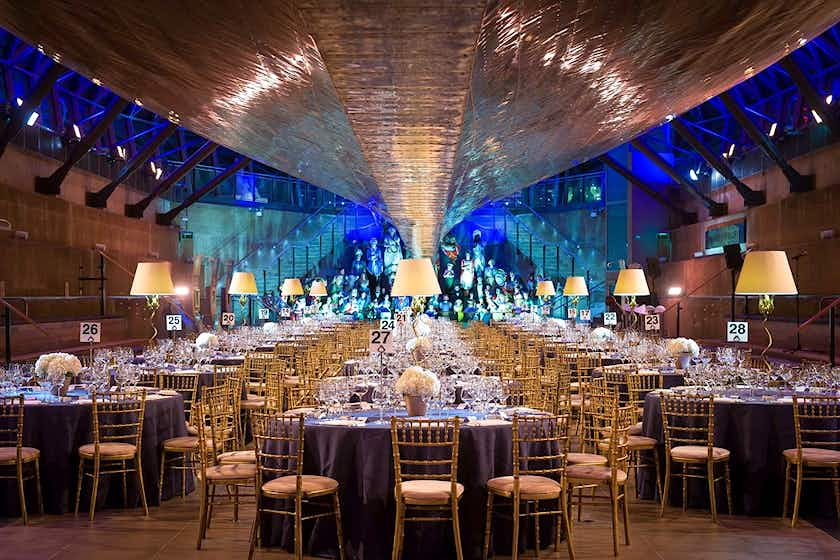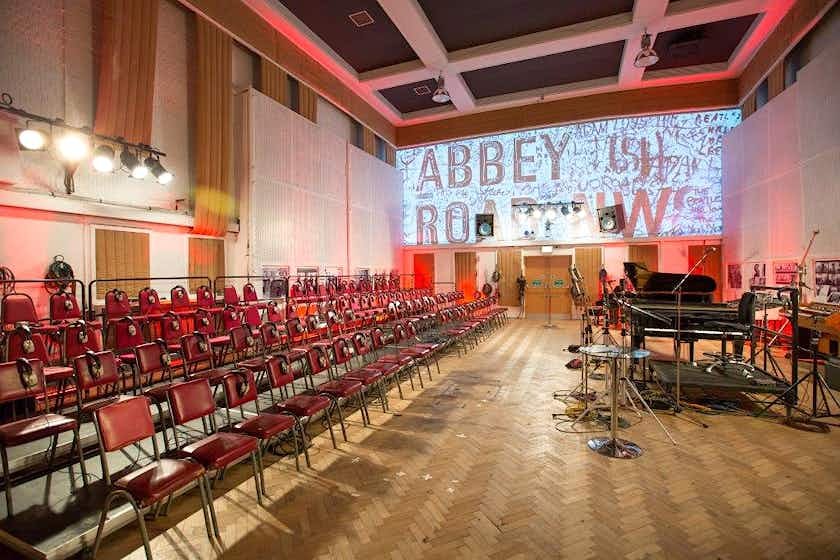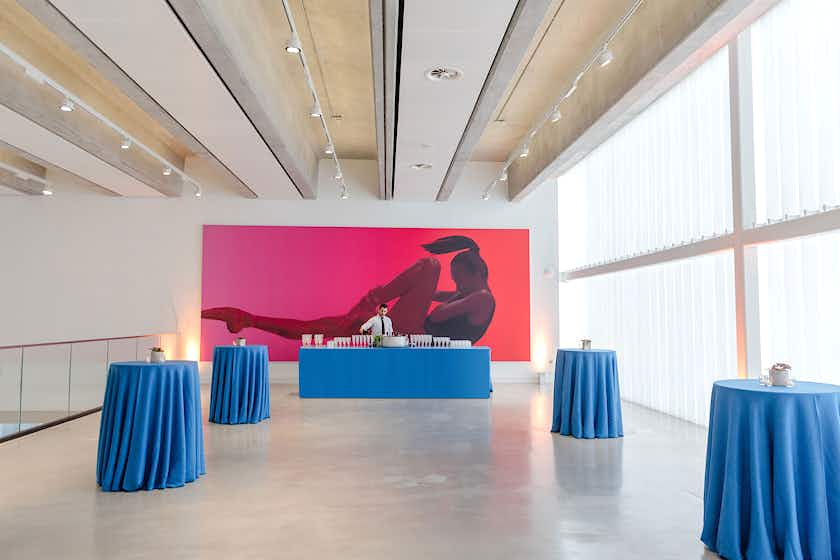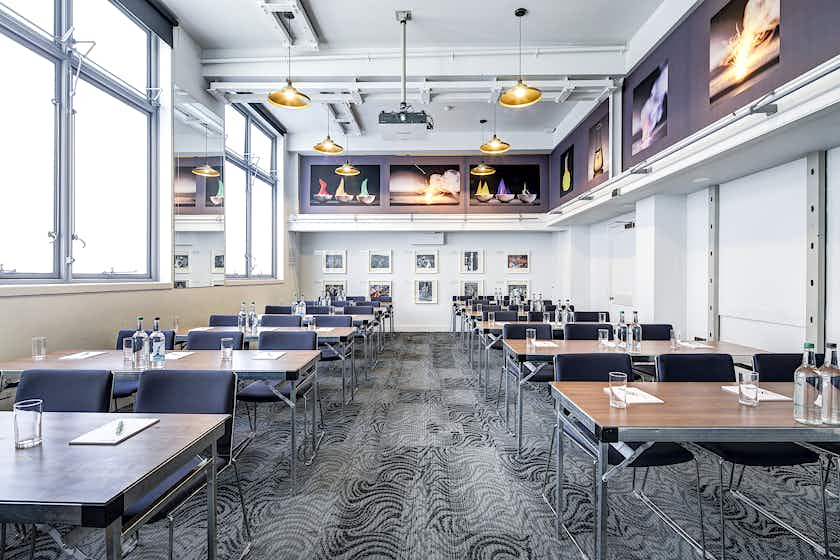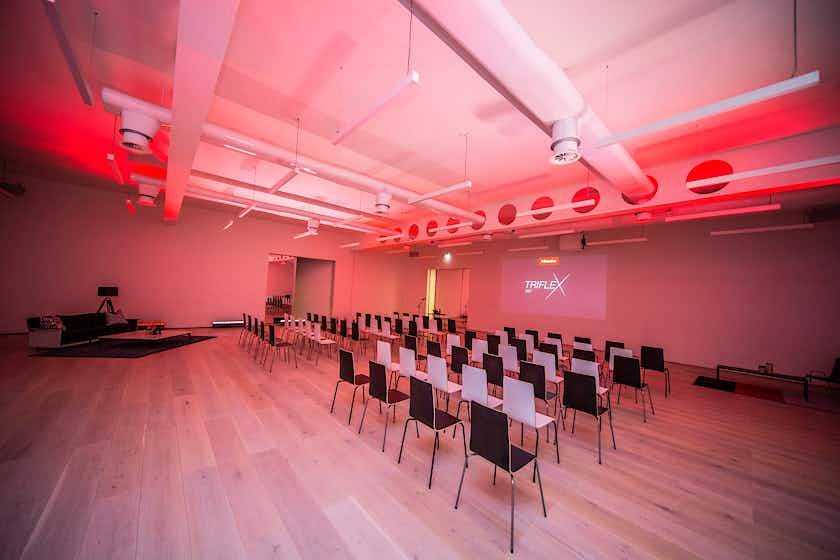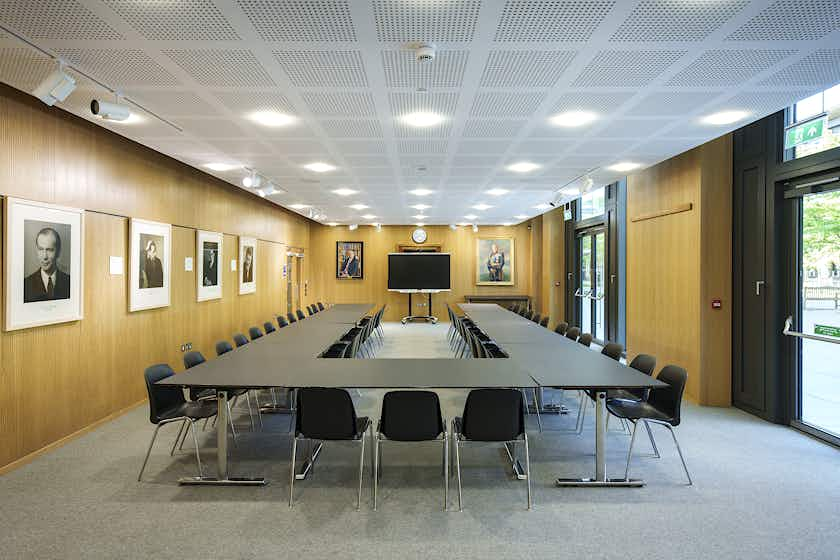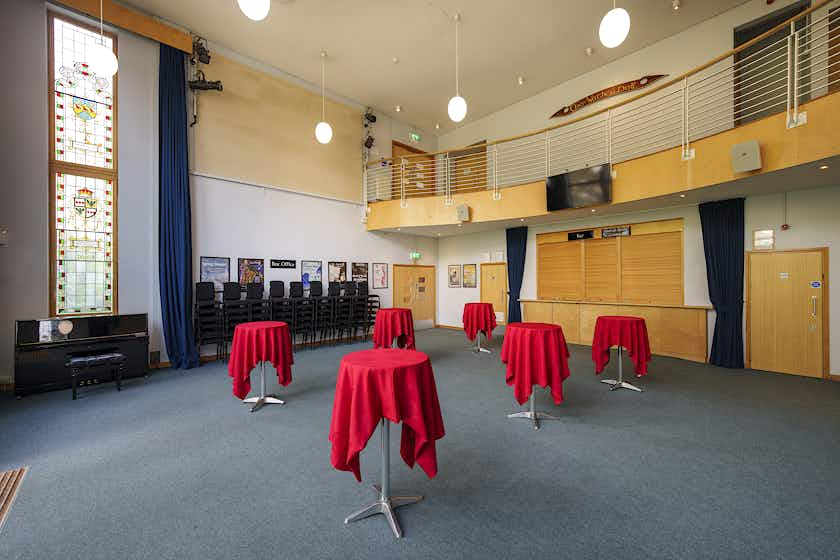Interactive and immersive theatre is on the rise, where the audience plays an active part in the play and changes how the story unfolds. It’s a new way of bringing the arts to more people and allows them to get much more involved than at a traditional theatre. But how exactly do you go about producing this type of play? And how do you make sure that it’s successful enough to compete with other places, such as Palace Theatre or the Harold Pinter Theatre? We have some top tips on how to get your audience engaged so that they leave having been a part of something truly memorable:
Remember That It’s All About the Audience
In interactive theatre more than in any other, the audience calls all the shots. They are the most important part of the play as they will actually be playing their own roles within it. If you don’t have a play that is giving the audience this but instead taking it the power away from at times, this will leave audiences confused. They won’t know what is going on and with no one to guide them down the right path in the play, you are going to be left with customers who are frustrated and annoyed. If the audience needs help to become immersed, then you need to be able to give it.
Be Flexible
No two plays are ever the same in immersive theatre, because the cast is always changing. While you are giving your audience a certain amount of power, it can be easy to want to narrow this down so that they only have a certain number of options to go with, like picking a second path in a ‘Choose Your Own Adventure’. While this can be done, it can also make the experience feel restrictive. You are looking for something that’s more organic, so the audience can really make their decisions and the actors take their cues from it.
Use Your Venue
No matter what venue you are in, it can be used to your advantage when it comes to immersive theatre. Look at the different quirks that it has and make those into a part of your play. Each venue has a unique feel to it, so you’ll have to choose carefully before deciding. You don’t want to have an idea in your head that ends up not working because you didn’t consider the venue carefully enough. There are a number of theatres for hire in London, and any one of these traditional venues can be absolutely transformed to accommodate an immersive theatre experience. You may be looking for a hall, or a studio, or a centre - it all depends on what exactly you want to create.
Think About Ratio
How many actors do you need to complete your vision? And how many audience members can you accommodate at any one time? Getting this ratio just right is crucial in producing interactive theatre that works. Generally speaking, the more actors there are the better, and unless your play is specifically designed to host a large audience all at once, having more actors that audience can sometimes be a good thing. In a murder mystery type interactive theatre, the audience is sometimes in groups, going around different scenes and trying to find clues.
Trust Your Actors
In interactive theatre, anything can happen, so it’s important that you don’t enclose your actors with set lines or scenes that they have to follow no matter what. The best type of immersive experience is the one that naturally leads you through it to the conclusion, and in order to do that, the actors need the freedom to be able to improvise. Every audience will be different, and will be used to different things - for example, those who have spent a lot of time at the Savoy Theatre will have different expectations to those who go to the Richmond Theatre or Phoenix Theatre. Some will need encouragement to speak up, and others encouragement to listen. Choosing a cast that has experience in this type of theatre and can handle any type of audience is crucial, and you need to trust them to be able to do it.
Check Your Tech
Your lighting and sound are still just as important in immersive theatre, so you need to make sure that you have the capacity to do all the things that you want to. It can be hard to rig up lighting in different parts of a venue, which is why pre-production is such a crucial stage in any play. Talking with your actors and getting their input on what will work for them will help your tech work in the way that’s simplest for everyone involved, while still providing the experience that you want your audience to be able to enjoy.
Rehearse, Rehearse, Rehearse
With this type of theatre, you never really know what’s going to happen with each new audience, and every night it will be different. This makes your rehearsal time even more precious. Get test audiences in to try it out and give feedback before opening to the public. This will help you to smooth out any kinks that you didn’t even know were there. The more rehearsal time that you can squeeze in, the better the experience will be for everyone. Remember, because your audience is so close to you, they’re much more likely to notice – and comment on – anything that doesn’t quite fit.
Enjoy It!
Let’s be honest, it’s rare that an opening night of any play goes exactly to plan, and there will always be a certain amount of hiccups along the way. It’s natural to be nervous when you’ve put so much time and energy into producing something, but the best way to make your interactive theatre event a success is to just relax and enjoy it.
There are still many people out there who have never even heard of interactive theatre let alone been a part of it, which is why it’s such a great way to get a new type of audience involved in the arts. If you think carefully about the play that you are producing, and always keep the audience to the forefront of your mind, then you’re sure to be successful.








